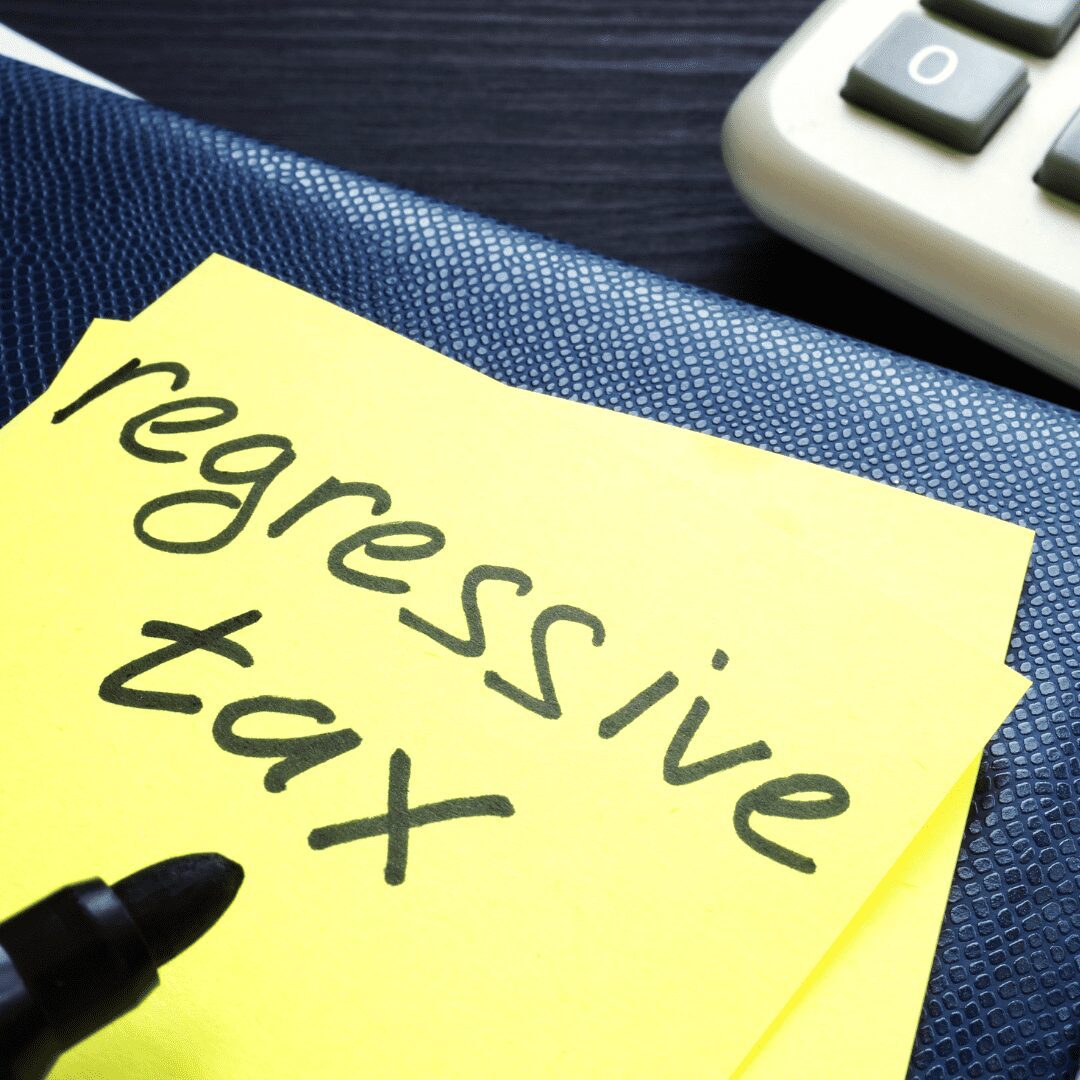
Bloomberg-Backed Soda Taxes Are Still Regressive
Taxpayers Protection Alliance
September 19, 2023
Last week, Massachusetts state lawmakers heard testimony on legislation aiming to impose an excise tax on sugar-sweetened beverages (SSBs). Bills introduced in both the House and Senate chambers would create a tiered tax structure based on the grams of sugar per 12 fluid ounces in liquid drinks, while syrups and powders would also be subject to an excise tax based on the amount of grams of sugar.
If passed, Massachusetts would be the first to tax SSBs at a state level. Numerous localities and other countries currently levy such taxes from San Francisco to Philadelphia to Mexico. There is scant evidence available finding such taxes are effective at improving health outcomes. Yet, there is overwhelming evidence that SSB taxes are regressive and lead to unintended consequences. In addition, taxes generated by SSBs tend to go into general funds – and to wherever lawmakers like, rather than investing the newly created revenue into programs to improve health and reduce consumption,
But perhaps most troubling is that SSB taxes are just another paternalistic ploy from billionaire Michael Bloomberg, who has rallied (and funded) soda tax efforts across the United States.
Berkeley, California was the first locality in the U.S. to enact a soda tax at $0.01 per ounce. Bloomberg donated an estimated $675,000 in support of the tax. In 2016, Bloomberg’s millions were spread across California – and the country – with the nanny state crusader donating more than $2.1 million for a SSB tax in Philadelphia and more than $18 million on SSB initiatives in Oakland and San Francisco. Bloomberg has also funded efforts to enact SSB taxes in Mexico and South Africa, among other countries.
Soda taxes are also inherently regressive, impacting the lowest income persons who tend to spend more of their disposable income on SSBs. Researchers from the University of Michigan and Boston University concluded that SSB consumption “falls as income rises.” In fact, their analysis concluded that adults in the richest 10 percent of families “drink about 2.5 fewer sugary drinks a week” than adults in the poorest 10 percent of families. A 2019 working paper from the National Bureau of Economic Research observed that “households with annual income below $10,000 purchase about 101 liters of SSBs per adult each year, while households with income about $100,000 purchase only half that amount.”
There is also the issue of SSB taxes fueling government largesse versus public health programs. The Philadelphia SSB tax was enacted 2017. According to the Philadelphia Controller, the city collected $409.2 million in revenue from the SSB tax between FY 2017 and FY 2022.
When proposing the tax in 2016, Philadelphia Mayor Jim Kenney claimed the sin tax would be used to fund Pre-K expansion. Yet, the “majority of [the SSB tax] revenue, $203.6 million or 49.7% of the total, has gone to the General Fund.”
In fact, the Controller has noted that the mayor’s “administration has stated that spending associated with [SSB tax] revenue would be delayed due to pending litigation against the tax and would ramp up following the lawsuit’s end. However, the lawsuit was resolved in the City’s favor in July 2018, and spending has remained lower than annual revenue in each year since.” In fact, according to the Controller only 38.6 percent of revenue generated between 2017 and 2022 was allocated towards Pre-K.
Revenue generated by the proposed SSB tax in Massachusetts would be deposited into the Commonwealth Health Promotion Fund – a newly created fund should the tax pass, which the department of public health is to administer. Per the legislation, the new revenue is not dedicated to any specific program, but no more than 10 percent of the funds in any given year are to be used by the department for administration.
Policymakers should also be skeptical of research justifying SSB taxes. Many studies have been funded by Bloomberg (who spent millions to enact those taxes).
In 2017, Bloomberg Philanthropies funded a study that reported the benefits of Berkeley’s SSB tax. The same organization also bankrolled a 2019 study examining Philadelphia’s SSB tax, remarking that SSB taxes “may be an effective policy tool.” While Bloomberg helped to bankroll most of the funding in favor of a SSB tax in Cook County, Illinois, the tax was eventually repealed. Yet, right before the repeal, Bloomberg Philanthropies announced a $2.5 million grant to the School of Public Health at the University of Illinois at Chicago to “study whether the tax actually improves public health over an extended period of time.” The grant to the School of Public Health was part of a $4.9 million grant to examine the effects of Oakland’s tax.
Policymakers should steer clear of SSB taxes. These regressive sin taxes disproportionately harm lower income Americans who are already reeling from inflation. Funds generated from these taxes often only serve to grow the size and scope of government without discernible evidence of improvements in public health. It seems SSB taxes only serve to advance the nanny state agenda of Bloomberg Philanthropies.
Lindsey Stroud is Director of TPA’s Consumer Center.
